ALABAMA
FOOD HANDLERS CARD
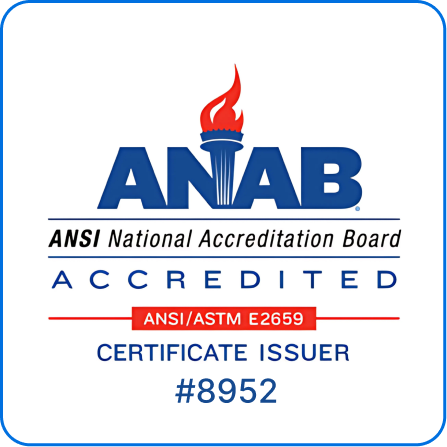
- ANSI National Accreditation Board (ANAB) Accredited
- Approved and Accredited Food Handler Certificate in Alabama
- 100% Online, Accessible 24 hours a Day, 7 Days a Week
- Course Duration: 1.5 Hours
- Course Access: 3 Months from Purchase
- Owners/Managers: Manage, Track, and Report Employee Progress
- Certificate of Completion Upon Successful Completion of Final Exam
- Exam Passing Score 70%
- 2 Chances to Pass the 40 Question Final Exam
- Languages Available: English, Spanish
- Bulk Discount Pricing Available
WHAT ARE THE REQUIREMENTS FOR FOOD HANDLER TRAINING IN ALABAMA?
While Alabama state law does not mandate a food handler card, many local health departments and employers require it.
Check with your county health department or employer for specific requirements.
Our clients



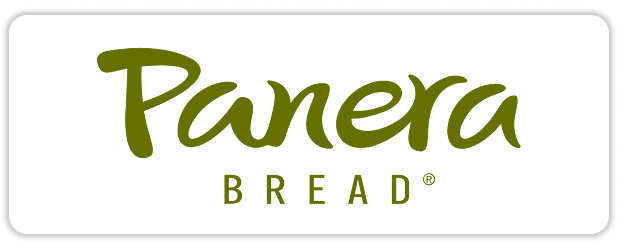




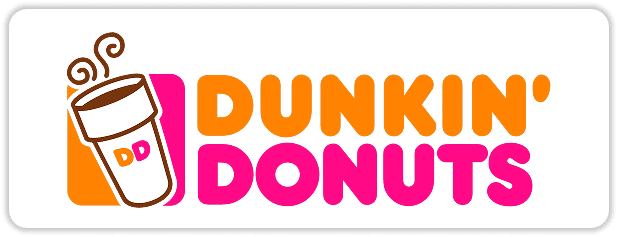




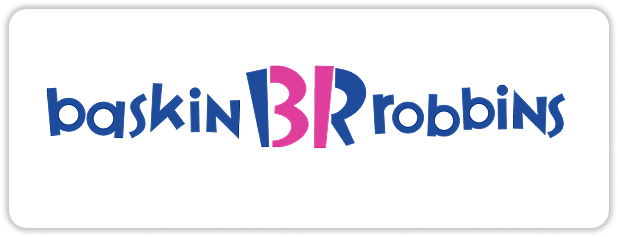





BENEFITS OF TRAINING

PREVENT
Education is the best tool to prevent, minimize, or eliminate foodborne illnesses and food hazards.

AWARENESS

ELIMINATE
Training helps reduce or eliminate food safety hazards before they become major issues.

MINIMIZE

PRODUCTIVITY
Reducing food safety complaints will create a happier workplace and in turn increase productivity.

WORKPLACE SATISFACTION
WHY CHOOSE US

- Satisfaction Guarantee
- Online Interactive Course
- Meets and Exceeds State Guidelines
- Price Match Guarantee
- Owners and Managers: Manage, Track and Record Employee Progress
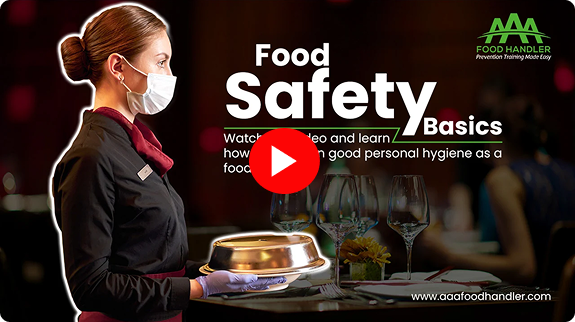
Getting Your Food Handler Card is Quick and Hassle-Free
Numerous professionals nationwide have already earned and renewed their card with AAA Food Handler — a trusted name in food safety training.
FREQUENTLY ASKED QUESTIONS (FAQs)
To earn a Alabama Food Handlers Card, you must complete a food safety training course from an ANAB accredited provider and pass the final exam. Online courses are available for convenience.
Most Alabama food handler cards are valid for two to three years, depending on the provider. Be sure to check with your training provider for specific renewal requirements.
While Alabama state law does not mandate a food handler card, many local health departments and employers require it. Check with your county health department or employer for specific requirements.
Alabama does not have a statewide law mandating employers to cover the cost of food handler training, exams, or related fees. However, some counties or employers may have specific policies, so it’s best to check with local health authorities or your employer.
The cost varies depending on the provider, typically from $7 to $15. Some providers like AAAFoodHandler.com, offer competitive pricing with automatic group discounts for businesses.
Most training programs take around 2 hours to complete. The course is self-paced, allowing you to finish it on your schedule.
Yes! You can complete the entire training and certification process online. Once you pass the exam, you can instantly download and print your food handler card.
Food handler training is recommended for anyone working in food service, including restaurant staff, kitchen workers, bartenders, and food truck employees. Some cities and counties may have specific requirements.
The exam typically consists of 40 multiple-choice questions. A passing score is usually 70% or higher, and most providers allow at least two attempts.
While Alabama does not have a statewide requirement, some counties or employers may set a timeframe (such as 30 days) for new employees to complete training.
Some counties or employers may require additional steps, such as registering your certificate with the local health department. Always verify local regulations before beginning work.
If your certificate has expired, you must retake the food handler training course and pass the exam again. Some providers allow reprinting of a valid certificate if needed.
Most online training programs allow access for up to 90 days, letting you review materials as needed before renewal.
Yes, Alabama requires at least one Certified Food Protection Manager in each food establishment. This certification must be obtained through an ANAB accredited program.
Many accredited training providers offer extra food safety materials, including guides, videos, and infographics on:
- Proper Cleaning and Sanitizing – How to safely clean food contact surfaces
- Handwashing Techniques – Best practices for hygiene and glove use
- Temperature Control – Safe cooking and storage temperatures to prevent foodborne illness
- Food Hazards – Understanding chemical, biological, and physical contaminants in food


